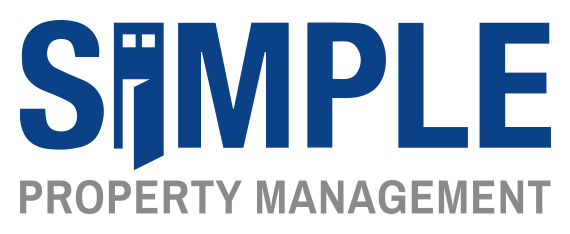Renting Your Grand Rapids Home for the First Time in 2024
Things to consider before renting your Grand Rapids property
Embarking on the journey of renting out your Grand Rapids property in 2024 requires a strategic approach, considering diverse factors ranging from pet policies to tax implications. Jon delves into crucial considerations and providing insights and tips to navigate the complex landscape of property management in the evolving Grand Rapids rental market.
Pet Policies: A Crucial Decision
Before committing to renting your property, it’s essential to weigh the decision of allowing or disallowing pets. Consider the following advantages of embracing pet-friendly policies:
- Increased Applicant Pool: A significant percentage (50-79%) of potential tenants have pets. By allowing pets, you expand your pool of applicants.
- Higher Rental Value: Pet-friendly rentals are in high demand, allowing you to command higher rent prices.
- Tenant Retention: Pet-owning tenants tend to stay longer, providing stability to your rental property.
- Reduced Lease Issues: By openly allowing pets, you mitigate the risk of tenants sneaking in pets and encountering lease violations.
- Property Enhancement: If permitting pets, consider using vinyl plank flooring instead of carpet for easier maintenance.
City Inspections and HOAs: Navigating the Regulations
City inspections, especially in areas like Grand Rapids, can be rigorous. Stay well-informed about local property codes, certifications, and additional regulations. For example, check out our articles about the Lead Dust Testing for the City of Grand Rapids. In addition to local regulations, you also need to comply with state and federal regulations.
When dealing with Homeowners Associations (HOAs) or condo associations, be aware of rental permissions and associated fees. Some HOAs do allow renting but may require an annual fee, like the $100 fee for renting in certain condos.
Navigating Taxes and Insurance: Financial Considerations
Understand the financial implications of renting on property taxes, especially if the property was your primary residence. Expect a 40-50% increase in taxes, and utilize tools like the State of Michigan Property Tax Estimator.
Consult with your insurance agent to adjust coverage for rental properties. Consider an umbrella policy for added liability protection.
Maintenance and Capital Expenses
Things will break, and it isn’t always the resident’s fault. The most common issues we see are general maintenance, HVAC, and plumbing. Set aside reserves for both day-to-day and capital expenses to ensure your readiness for these unexpected costs.
It is important to budget for capital expenses such as:
- HVAC
- Large scale plumbing issues
- Appliances
- Paint and flooring
- Roof and siding
Utilities Management
If utilities are split, consider billing tenants directly. For water in single-family homes, put it in your name and bill the resident to ensure timely payments and avoid accumulating unpaid bills since the water bill follows the property.
Be aware of legal restrictions on charging back residents if units aren’t individually metered. Factor in water charges within the rent for non-metered units.
Decide on tenant responsibilities for landscaping and snow removal based on property type.
Rental Payments/Evictions
Establish stringent tenant application standards to minimize potential issues. Recognize the occasional challenge of late payments by maintaining a financial reserve. Acknowledge the time, cost, and potential complications associated with evictions.
Pros and Cons of Renting Your Property
Cons:
- Finding reliable residents can be challenging
- Maintenance costs may be high at times.
- Dealing with complaints, repair requests, and evictions can be stressful.
- The rental market can be challenging.
Pros:
- Rental income provides a steady cash flow.
- Property appreciation over time.
- Tax benefits and deductions for property-related expenses.
Conclusion:
Renting out a property involves careful consideration, thorough planning, and ongoing management. For specific inquiries, contact Jon with Simple Property Management at jon@simplepmgroup.com or (616) 329-6318.
